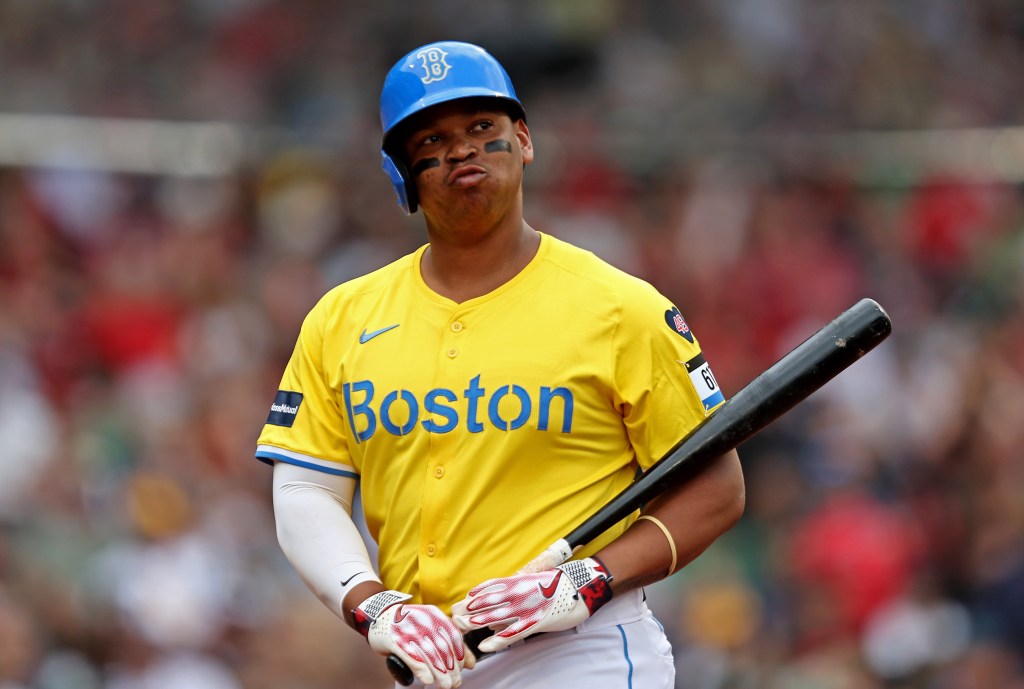The recent trade of Rafael Devers has left fans reeling, as the Boston Red Sox have lost a beloved superstar and a key figure from their last World Series-winning team. This shocking move not only strips the team of its best player but also signals the end of their 2025 championship ambitions.
In a surprising decision, the Red Sox traded Devers without putting him on the market first. The reasoning was rooted in financial calculations rather than team strategy. The Red Sox prioritized the costs associated with Devers’ contract over the potential returns from the trade, which ended up including two prospects, a starting pitcher relegated to Triple-A, and a struggling right-handed pitcher.
The trade represents a failure to maintain a vital relationship. Devoted fans are questioning why a team that is unwilling to invest in top talent should merit their support. John Henry, the principal owner of Fenway Sports Group, has been notably absent from public discussion about the team’s strategy, further intensifying the disappointment among supporters.
Financially, the Red Sox allocated just 42.1% of their revenue from last season to this year’s payroll—a figure that ranks among the lowest in Major League Baseball. This pattern reflects a disregard for the fanbase, particularly given that in the last five years, the team has traded away two of its highest-paid players, prioritizing short-term savings.
Unlike the case of Mookie Betts, Devers was at least under team control throughout his prime years when he was traded this past Sunday. His massive $254 million contract could be viewed as a reason for the move, but the consequences are dire for a team that was only recently on a winning streak.
Ownership, which had approved Devers’ contract just two and a half years prior, has since replaced the architect of that deal, Chaim Bloom, with Craig Breslow. However, Breslow’s early record as chief baseball officer raises concerns about his management style, which some criticize as impersonal. This was glaringly evident in the way the Red Sox handled Devers’ situation, prioritizing contracts over player satisfaction.
Devers expressed frustration about being asked to play first base following injuries to teammates and was vocal about his unwillingness to make that switch. This tension ultimately influenced the team’s decision to part ways, illustrating a lack of foresight in finding a reliable backup first baseman.
There was a glimmer of hope for reconciliation; Devers had shown improvement in his performance and expressed his commitment to the team, stating, “We’re playing good baseball, but we still have more.” He even mentioned that the earlier friction was behind him. Yet, hours after those statements, he was traded.
This decision disregards the value of fostering good relationships with star players who have the potential to significantly contribute to a championship run. The Red Sox organization seems to have failed to learn from other franchises, such as the Los Angeles Dodgers and the New York Mets, who recognize the importance of investing in talent and maintaining a competitive edge.
In the pursuit of saving a few dollars, the Red Sox have sacrificed goodwill from their fanbase and the services of an irreplaceable star, who was worth much more than the front office was willing to acknowledge.

